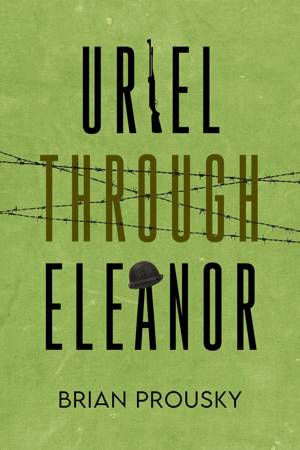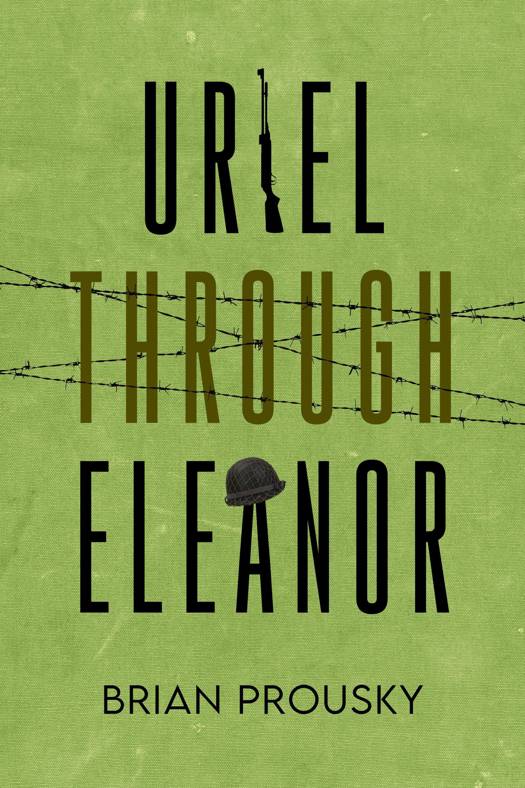
- Retrait gratuit dans votre magasin Club
- 7.000.000 titres dans notre catalogue
- Payer en toute sécurité
- Toujours un magasin près de chez vous
- Retrait gratuit dans votre magasin Club
- 7.000.0000 titres dans notre catalogue
- Payer en toute sécurité
- Toujours un magasin près de chez vous
Description
Uriel "Uri" Katz, World War Two veteran, concentration camp liberator, devout atheist, contrarian, cynic and lifelong bachelor, places an ad in a newspaper seeking a "typist" to assist him in writing his memoir and receives only one reply, from a woman, named Eleanor, who negotiates a deal with him that includes room and board.
Within days of her arrival, Eleanor begins inserting herself into Uri's story. So much so that she eventually becomes one of its main characters. And while Uri is dismayed and, at times, exasperated by this turn of events, he's also grown accustomed to Eleanor's company and cooking, and, as such, begrudgingly puts up with the semi-appropriation of his memoir.
Though what remains imperceptible to Uri—until the novel's final, thrilling pages—is that Eleanor's appearance in his life wasn't coincidental; it was manufactured by her. And that the two have been intricately linked since the day he marched into the concentration camp.
Brian Prousky's dazzling new book is memoir-writing turned on its head. It's a story about storytelling itself. About the power of language to shape and misshape history. And about the equal perils of sharing and not sharing deep-held secrets.
Spécifications
Parties prenantes
- Auteur(s) :
- Editeur:
Contenu
- Langue:
- Anglais
Caractéristiques
- EAN:
- 9798224181377
- Date de parution :
- 29-02-24
- Format:
- Ebook
- Protection digitale:
- /
- Format numérique:
- ePub

Les avis
Nous publions uniquement les avis qui respectent les conditions requises. Consultez nos conditions pour les avis.






